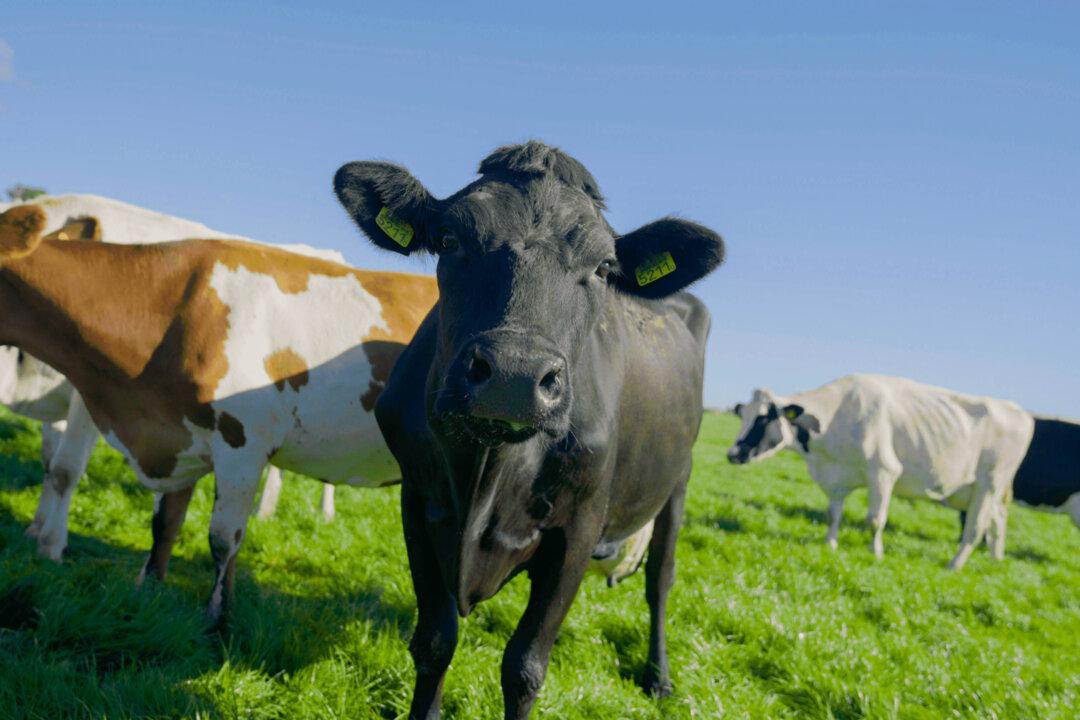As Australia moves towards its goal of net zero carbon emissions by 2050, new budget funding targeted at the agricultural sector hopes to improve the accounting of greenhouse gases and upskill farmers in the transition to sustainable practices.
The government earmarked $63.8 million to lower emissions from the farming and agriculture industries under the Agriculture and Land Sector plan, and comes on the back of a half-billion dollar investment in the Future Drought Fund.





